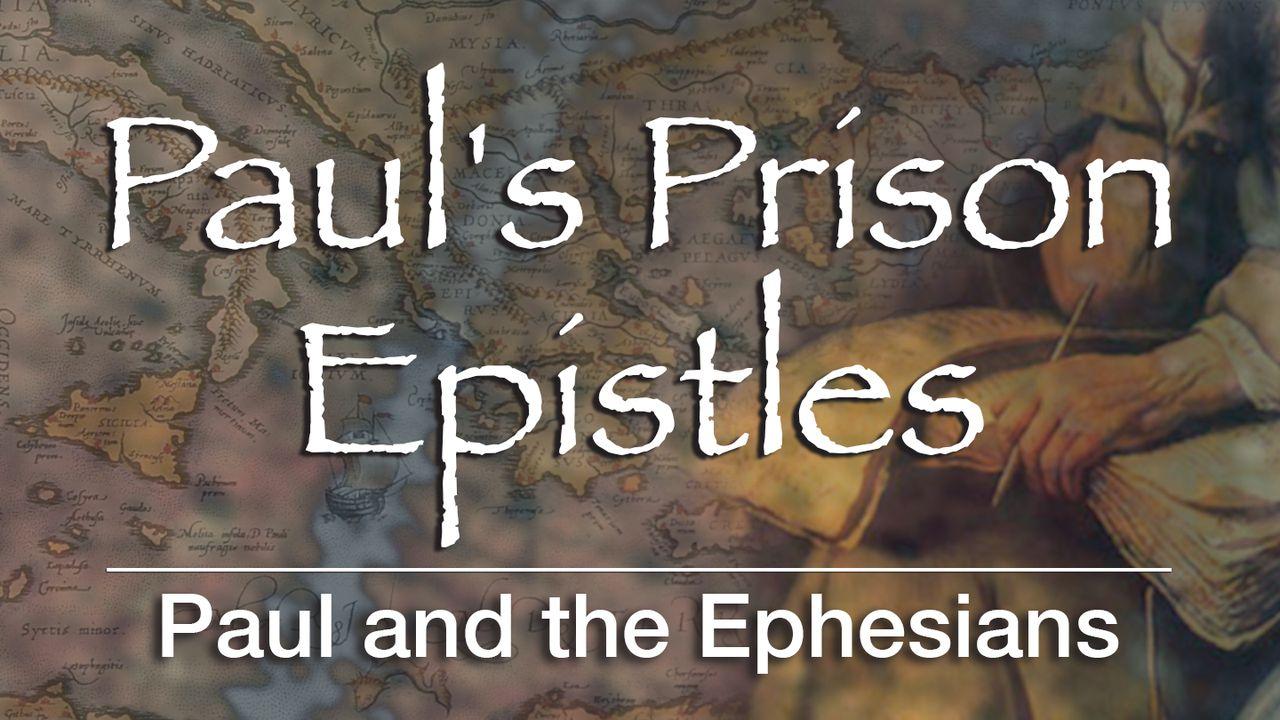Paul's Prison Epistles: Paul and the Ephesians预览

The Kingdom of God: Acts 28:30-31
Most Christians associate the expression kingdom of God with the synoptic gospels, Matthew, Mark and Luke. But the kingdom of God was an important motif for Paul as well. He explicitly referred to God’s kingdom sixteen times in his letters, and he used other royal vocabulary at least as often.
We have emphasized that Paul’s eschatology, his doctrine of the last days, was central to his thinking. Paul understood that Christ was bringing history to its great climax, beginning with his earthly ministry, continuing in the age of the church, and eventually reaching completion in Christ’s triumphal return. Paul commonly spoke of Christ’s work in terms of the overlap between the present age of sin and death, and the age to come in which God will pour out ultimate blessings and curses.
But when Jesus and the gospel writers spoke of the age to come, they generally described it in terms of the kingdom of God. They saw it as the time when God’s kingdom would be manifested on earth as it is in heaven. And of course, Paul believed this too.
From this perspective, it would be hard to overstate the importance of the kingdom of God in Paul’s thinking. In fact, according to Paul’s friend and traveling companion Luke, preaching about the kingdom of God formed the core of Paul’s apostolic ministry. Consider Luke’s words in Acts 28:30-31:
For two whole years Paul … preached the kingdom of God and taught about the Lord Jesus Christ (Acts 28:30-31).
At the time in question, Paul was in prison in Rome — probably the very place and time that he wrote his epistle to the Ephesians. And notice how Luke described Paul’s ministry there. Instead of saying that Paul preached “the gospel,” Luke said that Paul preached “the kingdom of God.”
In the modern church, people most often associate the “gospel” or “good news” with things like the forgiveness of an individual’s sins and the promise of an individual’s everlasting life. And these are wonderful aspects of our hope.
But in the Bible, the gospel is cosmic in scope. It is the message that our divine King is using his power and authority to subject his enemies and to conquer sin, to redeem his people from their bondage and to establish them as rulers over the new earth. This is why Jesus and the gospel writers so often spoke of “the gospel of the kingdom.” And so, it is fair to say that when Paul instructed the Ephesians regarding the nature of the kingdom of God, he was giving them the larger picture of the gospel.
Although Paul explicitly mentioned the kingdom of God only a few times in Ephesians, he alluded to it frequently. Often his vocabulary recalled both the Old Testament kingdom of Israel and the contemporary Roman Empire. Both these associations reminded Paul’s readers that his gospel was about a kingdom, specifically, the kingdom of God.
读经计划介绍

This plan examines how Paul designed Ephesians to teach Christians how to build, maintain and thrive in God's kingdom.
More




